Rooted in the Heart of History
About
Founded in 1849, The Episcopal Church of the Good Shepherd in Montgomery, Alabama, has deep roots in the African American community, tracing its origin to services held for enslaved peopel at St. John’s Episcopal Church. Following Emancipation, members of the congregation petitioned the Diocese for a church of their own, and in 1900, their prayers were answered with the consecration of the current Good Shepherd parish building. The pews from the former “slave gallery” at St. John’s, which were carved by enslaved people, were moved into Good Shepehrd, and they are still in use today, connecting the church’s present to its painful yet resilient past.
Good Shepherd’s location at the heart of the historic Centennial Hill neighborhood, a prominent African American middle-class district, played a significant role in shaping its mission. The church was home to the first day school for local African American children with disabilities and hosted a long-running soup kitchen and outreach center. It also served the local African American middle class, surrounded by significant landmarks such as the Hale Infirmary, the Ben Moore Hotel, the Regal Café, and the Art Theater. Just one block away stands Dr. Martin Luther King Jr.’s former residence, with many surrounding homes belonging to Alabama State College faculty and Booker T. Washington High School teachers.
One of the church’s most notable figures was Rev. Robert Earle DuBose, who served as rector from 1957 to 1961. During his tenure, Rev. DuBose played a key role in the Civil Rights Movement. He marched alongside Dr. Martin Luther King Jr. and Dr. Ralph Abernathy as secretary of the Montgomery Improvement Association during the 1955 Bus Boycott. Despite pressure from his bishop to remain silent, Rev. DuBose publicly supported the cause of equal rights for all citizens. In 1960, he and Rev. Abernathy led 750 students in a protest to the steps of the state capitol in solidarity with lunch counter boycotts, further cementing Good Shepherd’s legacy of activism.
Today, Good Shepherd continues to stand as a testament to its storied past. Visitors from across the country come to learn about its role in the Civil Rights Movement and its ongoing commitment to social justice and racial reconciliation. The church’s architectural beauty, a fine example of Carpenter Gothic style, has earned it a place on the National Register of Historic Places. Through its rich history and enduring spirit, Good Shepherd remains a place of faith, activism, and hope for all who walk through its doors.
We look forward to worshiping with you!
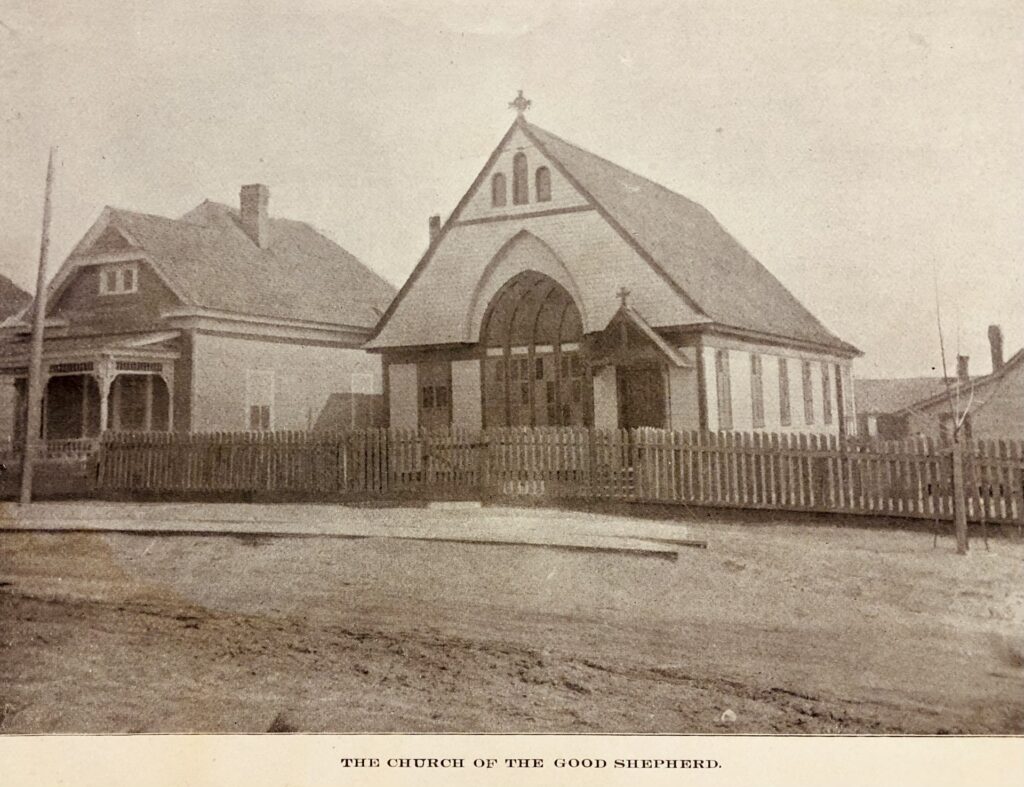
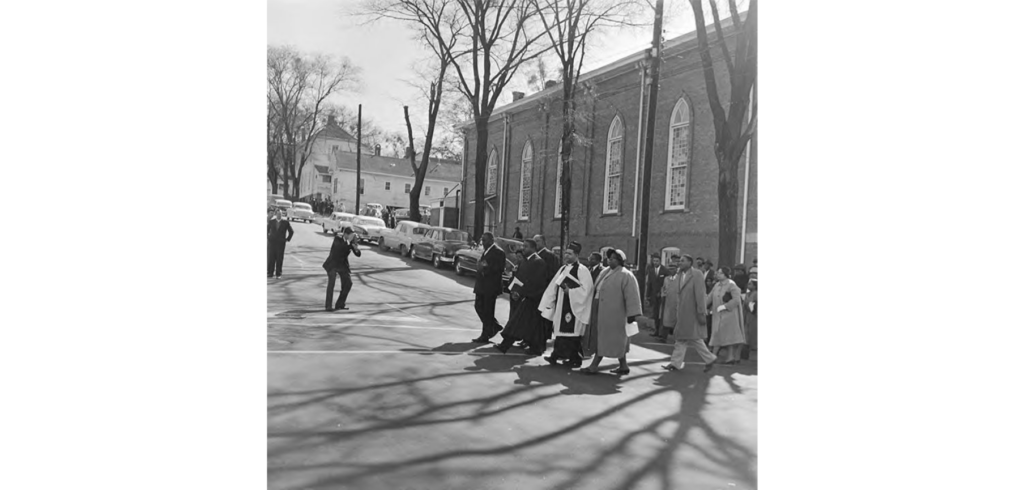
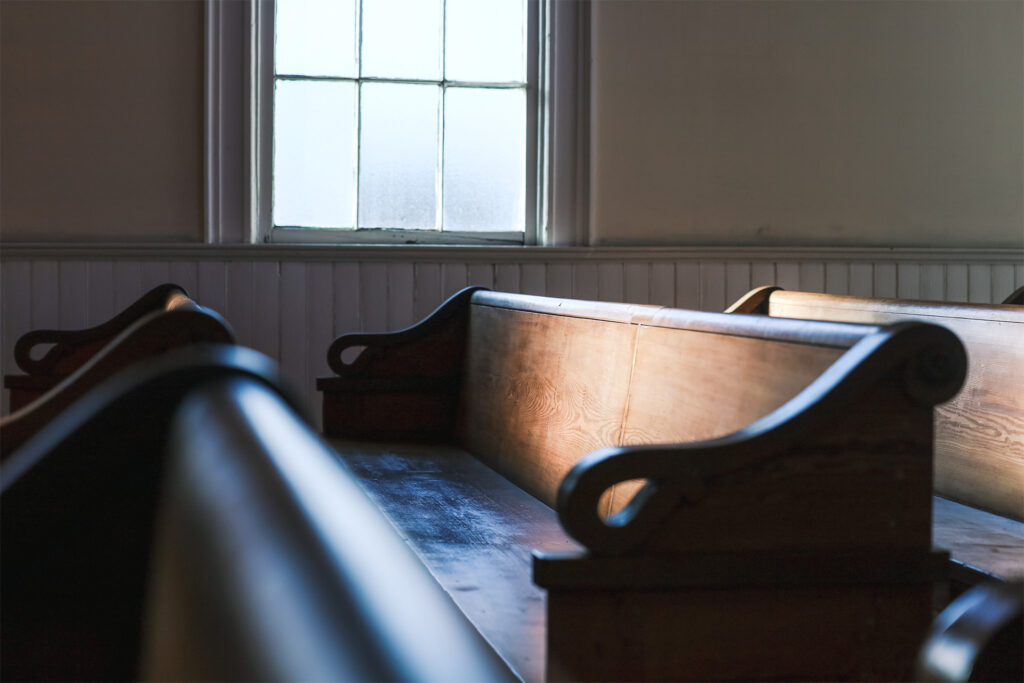
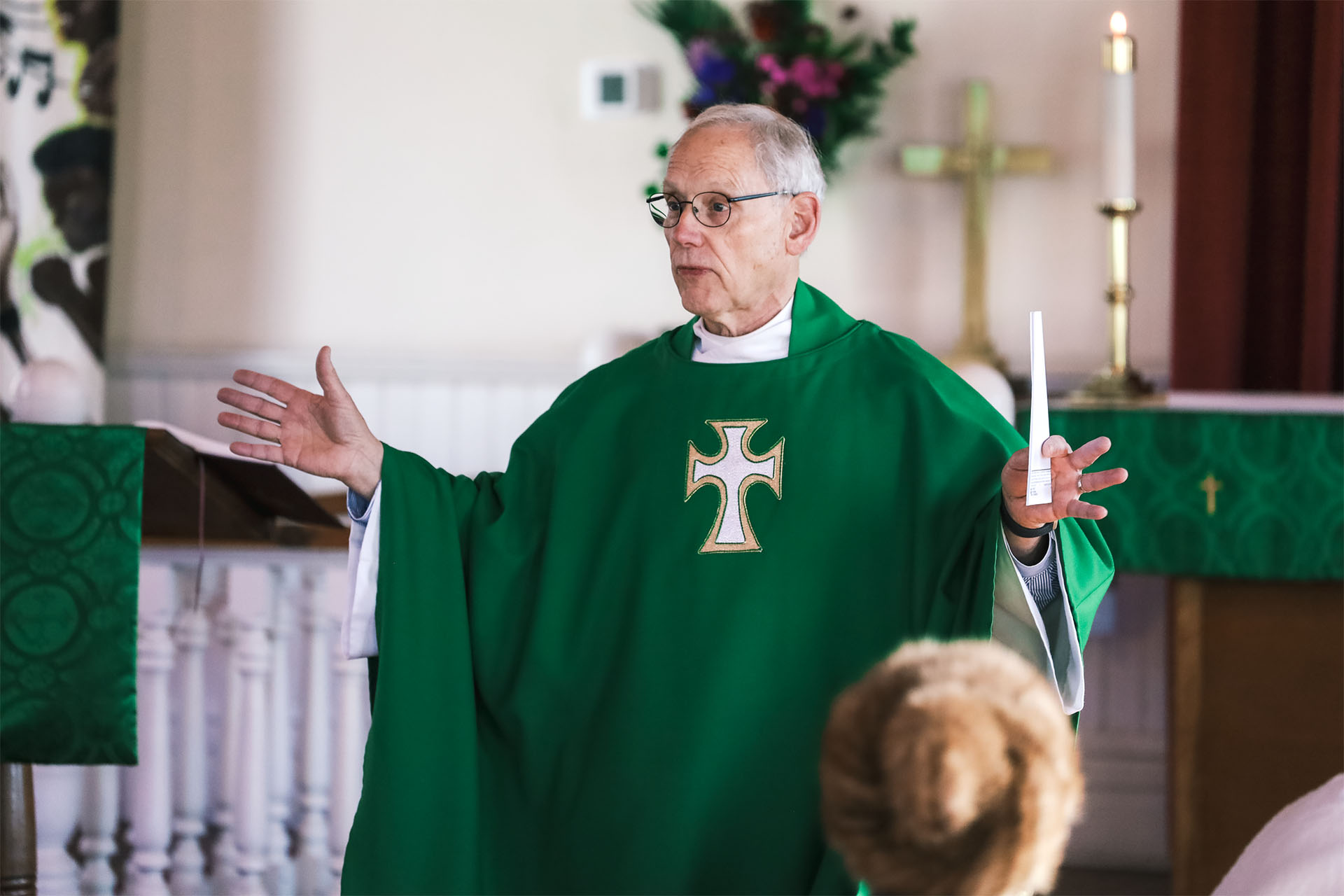
The Rev. Dr. Larry Yarbrough
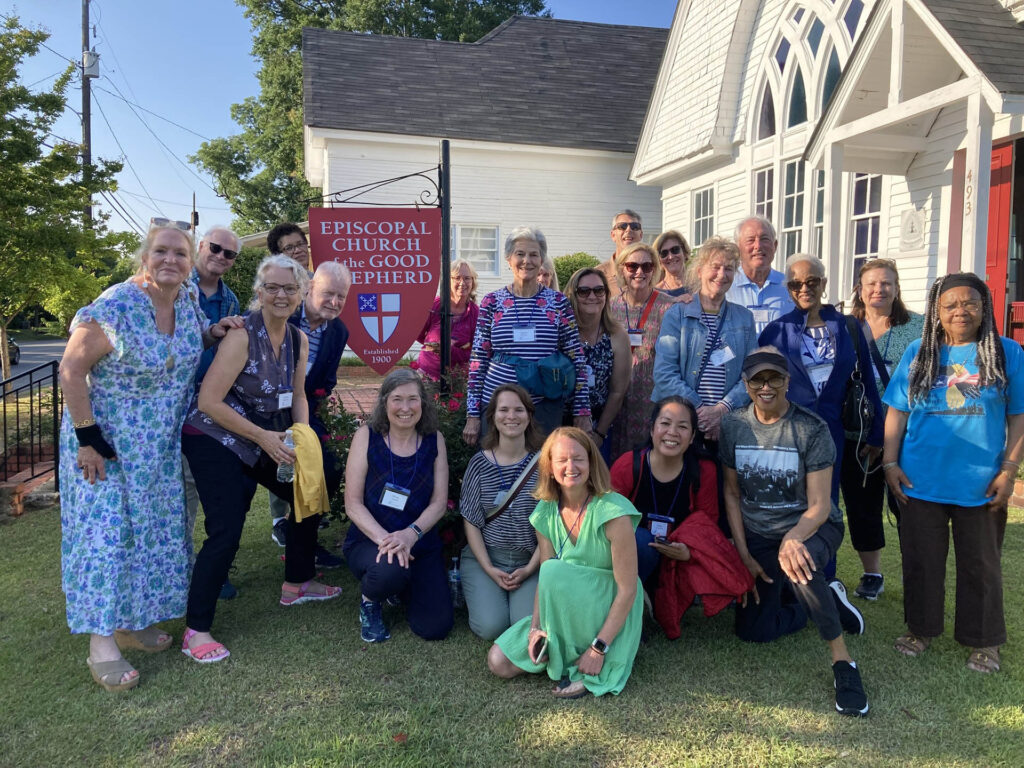
Racial Healing
Learn More
Giving
Give NowContact Us
Mailing Address
493 S. Jackson Street. Montgomery, AL 36104
Contact Info
334-834-9280
cgsmontgomery@gmail.com
Service Times
Sunday – 9:00am
